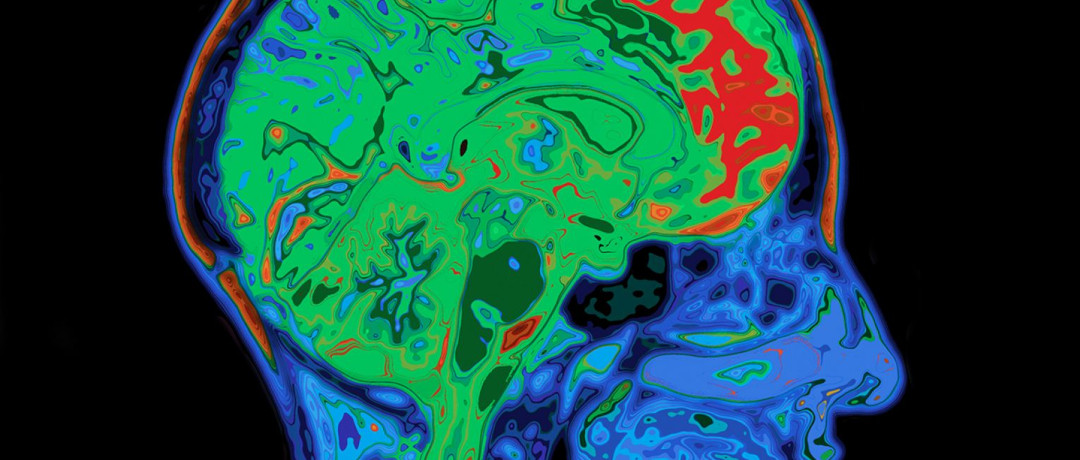In today’s fast-paced world, maintaining a balanced lifestyle can be daunting. However, one of the most crucial aspects of achieving overall well-being is adopting a healthy eating routine. Proper nutrition fuels your body and plays a vital role in preventing chronic diseases, boosting energy levels, and enhancing mental clarity.
Eating a well-balanced diet rich in essential nutrients can significantly impact your physical and mental health. By making conscious food choices, you can reduce the risk of conditions such as obesity, heart disease, diabetes, and certain types of cancer. A nutritious diet can also contribute to better sleep quality, improved mood, and increased productivity.
Furthermore, healthy eating habits established early in life can shape lifelong preferences and behaviors. By instilling these practices from a young age, you can cultivate a positive relationship with food and promote sustainable well-being throughout your lifespan. Thus, you’ll have time to learn how to be a bookie.
Understanding the Basics of Healthy Eating
It’s essential to grasp the fundamentals of healthy eating to embark on a journey towards a balanced lifestyle. This section will explore the key components of a nutritious diet and provide practical tips for incorporating them into your daily routine.

The Importance of Variety
A well-rounded diet should encompass various foods from various food groups. Consuming various fruits, vegetables, whole grains, lean proteins, and healthy fats ensures your body receives a comprehensive array of essential nutrients. Variety adds excitement to your meals, helps prevent nutrient deficiencies, and promotes overall health.
Fruits and Vegetables: Nature’s Powerhouses
Fruits and vegetables are packed with vitamins, minerals, antioxidants, and fiber, making them indispensable for a balanced diet. Aim to incorporate a rainbow of colors into your meals, as different hues represent different nutrient profiles. Additionally, consider incorporating fresh and frozen options to ensure a diverse intake throughout the year.
Whole Grains: Fuel for Energy
Whole grains, such as brown rice, quinoa, and whole-wheat bread, provide a sustained energy source and are rich in fiber, vitamins, and minerals. Replace refined grains with their whole-grain counterparts whenever possible to reap the numerous health benefits they offer.
Lean Proteins: Building Blocks for Strength
Lean proteins, including lean meats, poultry, fish, eggs, legumes, and nuts, are essential for building and repairing body tissues and maintaining a healthy immune system. Incorporate a variety of protein sources into your meals to ensure a balanced intake of essential amino acids.
Healthy Fats: Allies for Optimal Health
Contrary to popular belief, not all fats are harmful. Unsaturated fats in sources such as avocados, nuts, seeds, and fatty fish can contribute to heart health and support brain function. According to sportsbook reviews and news sites, moderation is key when consuming healthy fats, as they are calorie-dense.
Hydration: The Essence of Life
Water is vital for every bodily function, from regulating temperature to transporting nutrients and removing waste. Aim to drink adequate water throughout the day, and consider incorporating other hydrating beverages like herbal teas or infused waters for added flavor and variety.
If you’re ready to embark on a balanced lifestyle through healthy eating, consider working with a Certified Wholistic Health Coach. These professionals can provide personalized guidance, support, and accountability to help you achieve your health and wellness goals. Don’t hesitate to take the first step towards a healthier, happier you.




